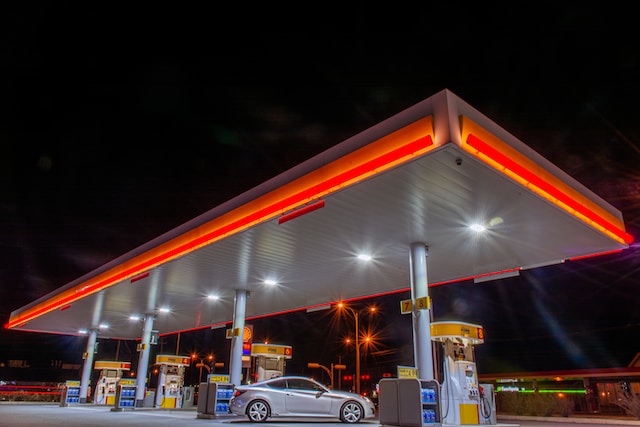As Tropical Storm Idalia advances towards the Florida Gulf Coast, residents are bracing themselves for potential impacts. While the focus often lies on preparing homes and securing belongings, drivers need to be particularly vigilant about another threat – contaminated gas. In this article, we’ll delve into the issue of contaminated fuel during severe weather events like Tropical Storm Idalia, highlighting the risks it poses to vehicles and sharing vital tips for safeguarding your car’s engine.
Contaminated Gas: A Hidden Menace
Contaminated gas is a serious concern for drivers, especially during severe weather conditions. When heavy rains and flooding occur, there’s a high probability that water can infiltrate underground fuel storage tanks, compromising the quality of gasoline. Water-contaminated fuel can wreak havoc on a vehicle’s engine, leading to stalling, rough idling, and even engine failure. This issue is particularly pertinent in coastal regions like the Florida Gulf Coast, where storms like Idalia can bring torrential downpours and flooding.
Recognizing the Signs of Contaminated Fuel
As Tropical Storm Idalia approaches, it’s crucial for drivers to be aware of the signs of contaminated fuel. If you experience any of the following symptoms after refueling, there’s a possibility that your vehicle’s gas may be compromised:
- Engine Misfire: Your engine may sputter or hesitate, indicating that the fuel-air mixture is not optimal.
- Rough Idling: Contaminated fuel can lead to unstable idling, making your car shake or vibrate when stationary.
- Stalling: If your vehicle unexpectedly stalls, it could be due to water-contaminated fuel clogging the engine.
- Reduced Fuel Efficiency: A sudden drop in gas mileage could be an indication that your car is not running on clean fuel.
- Unusual Engine Noises: Knocking or pinging sounds from the engine might suggest fuel-related issues.
Protecting Your Vehicle: Precautionary Measures
While you can’t control the weather, there are steps you can take to minimize the risk of using contaminated fuel:
- Choose Reputable Gas Stations: Stick to well-established gas stations that prioritize quality control and regular maintenance of their fuel storage systems.
- Monitor Local Reports: Stay informed about the storm’s progress and any gas station closures or advisories in your area.
- Keep Your Tank Full: As the storm approaches, try to maintain a higher fuel level in your tank. This reduces the space for water to accumulate.
- Inspect Your Fuel: If you suspect contamination, you might need to drain and replace the fuel. Consult a professional mechanic for guidance.
Conclusion
As Tropical Storm Idalia threatens the Florida Gulf Coast, it’s essential for drivers to be vigilant about the quality of their gasoline. Contaminated fuel can cause significant damage to vehicles, leading to expensive repairs and inconvenience. By recognizing the signs of contaminated fuel and taking preventive measures, you can protect your vehicle and ensure a smoother post-storm recovery. Stay safe, stay informed, and prioritize the health of your car’s engine during this challenging time.












